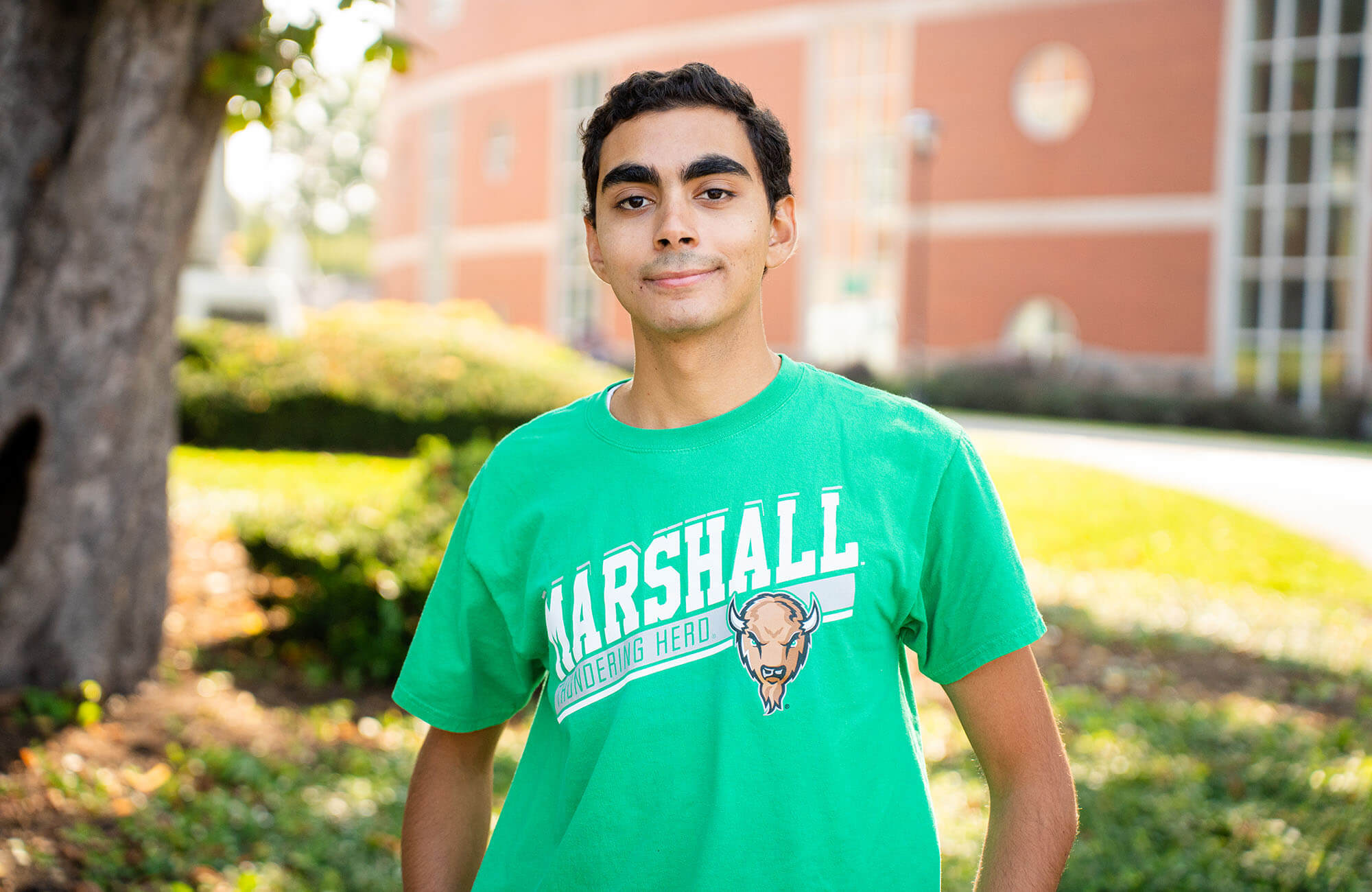The study of chemistry is the pathway for students who hope to become professional scientists with an interest in chemically related processes. Career opportunities for students like you include such positions as research and development chemist, laboratory director, forensic analyst, high school chemistry teacher and college professor. Choosing chemistry as a major is also appropriate for those students who wish to become senior healthcare providers, including physicians, dentists, pharmacists, veterinarians and physician assistants.

- Find out which of our academic programs is right for you.
- Meet some of our current students and hear about their favorite Marshall moments.
- Receive invitations to special events for future students.
- Get help with the application and enrollment process.
The Department of Chemistry is approved by the American Chemical Society (ACS) and has been continuously certified since 1963. This means our curriculum meets ACS standards and is recommended for students who want to enter the chemical profession or pursue graduate work in Chemistry.
Our Chemistry program has $30,000 annually dedicated to fund student travel to professional conferences. As a result, each year 15-20 students travel to a national or regional professional conference to present their research, with expenses covered.
The Chemistry program has three unique instructional labs for students; two are honors courses. The first is for freshmen; it is designed to give students a research-like experience. This unique course is based on one of Marshall’s research instruments, a nuclear magnetic resonance spectrometer. Once students are trained, they can use the spectrometer without supervision.
Graduates have the opportunity to become chemists or move on to an advanced degree. Nearly half of chemistry graduates go on to medical or other professional schools, mostly in health-related fields. Others may choose to attend law school or earn an M.B.A.
- Chemist
- Physician
- Pharmacist
- Dentist
- Veterinarian
- Chiropractor
- Physician Assistant
- Lawyer


